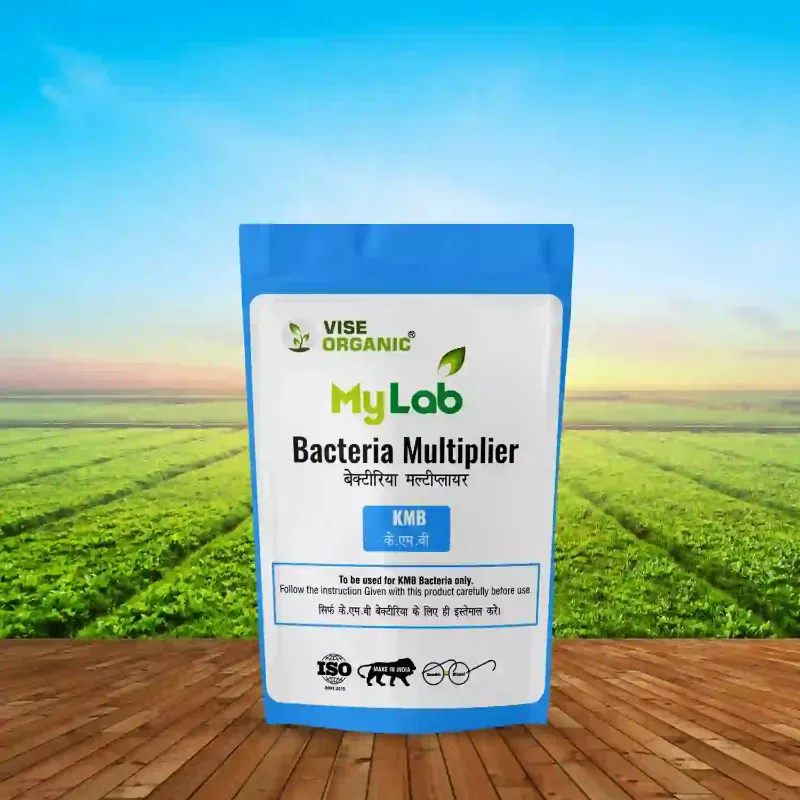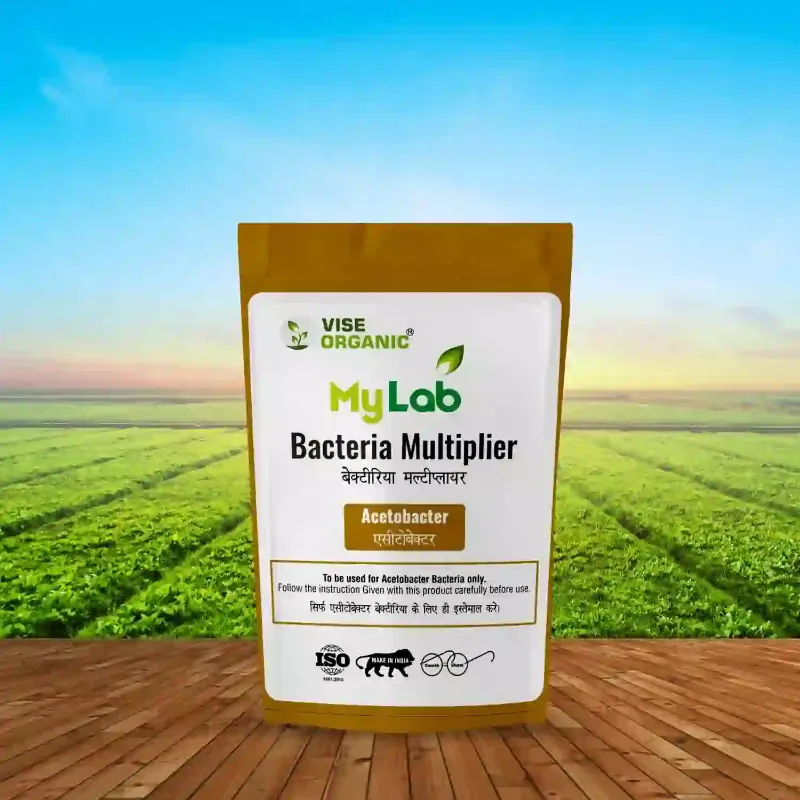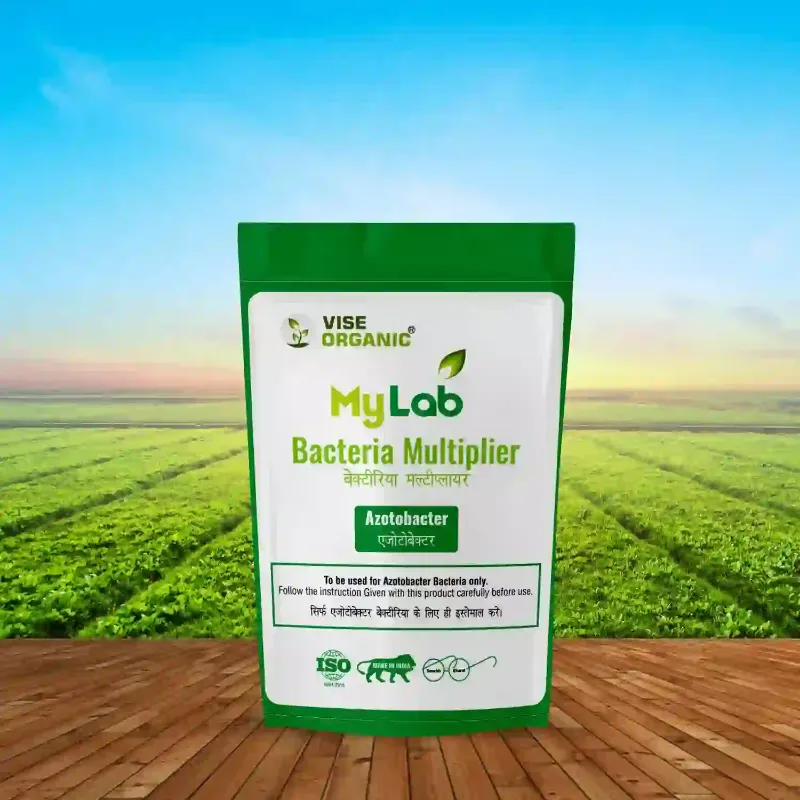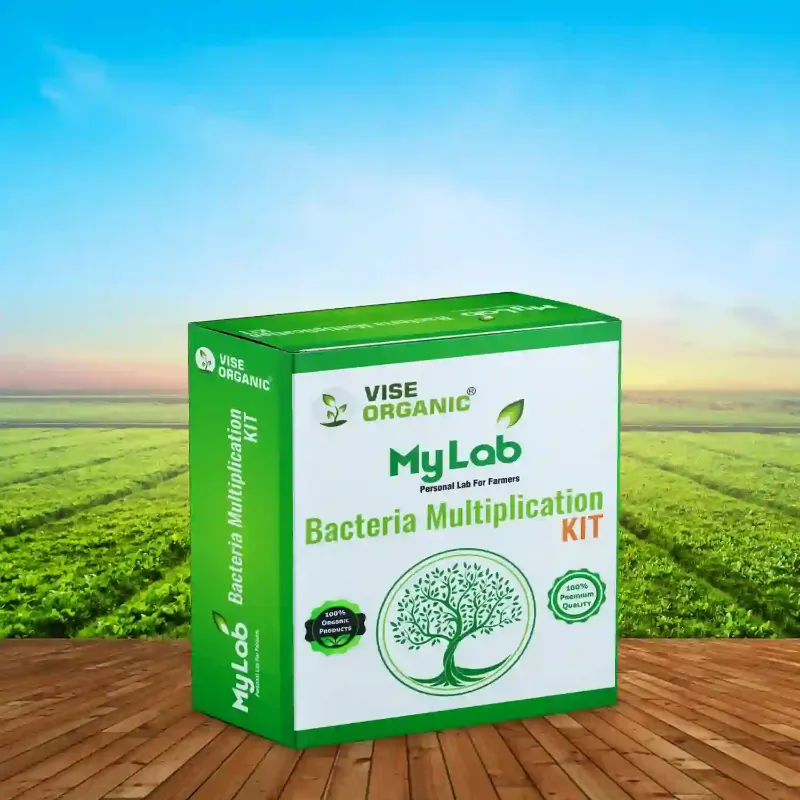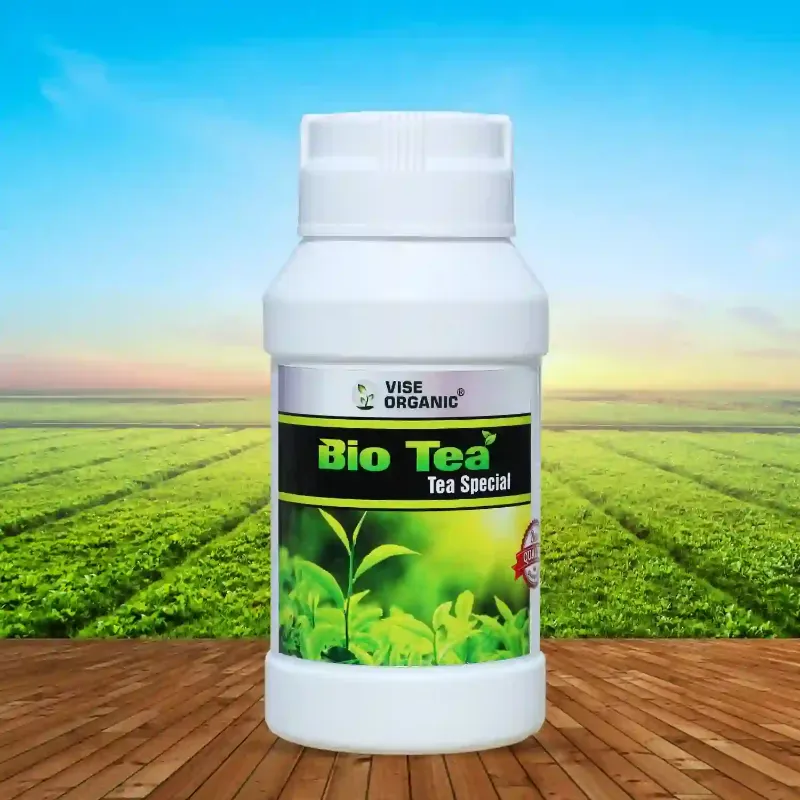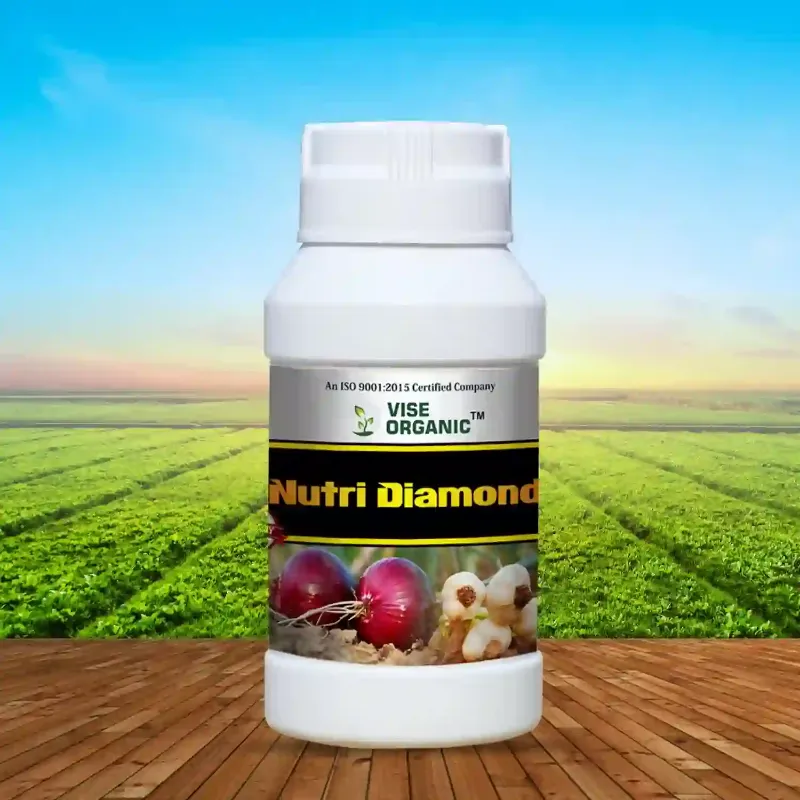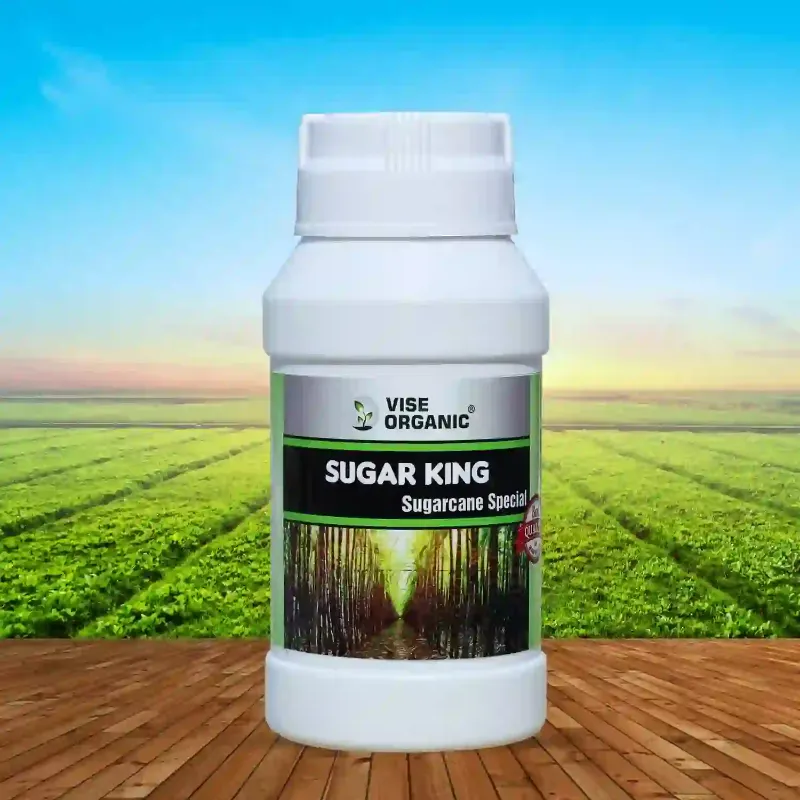Introduction
Vise Organic is at the forefront of promoting sustainable agriculture through innovative organic solutions. Our dedication to quality and authenticity ensures that our products meet the highest standards of organic certification, building trust with consumers and supporting environmentally friendly farming practices. Organic certification is a critical factor that enhances consumer confidence and influences purchasing decisions. It involves a rigorous process where products are tested and verified to ensure they meet specific organic standards. Certified products must be free from synthetic pesticides, fertilizers, and genetically modified organisms. This certification provides consumers with assurance that they are choosing products that are both environmentally sustainable and ethically produced. Organic certification also promotes transparency in the supply chain, helping consumers make informed choices that align with their values. For farmers and producers, achieving organic certification opens up access to a growing market of health-conscious and environmentally aware consumers.
Benefits of Organic Certification
- Increased Consumer Trust: Certification ensures that products are genuinely organic, building trust with consumers.
- Higher Market Demand: Organic products often command higher prices and attract a growing number of health-conscious buyers.
- Transparency and Authenticity: Certification provides clear information about product origins and production practices.
- Environmental Benefits: Organic farming practices reduce environmental impact and promote sustainability.
- Improved Health and Safety: Certified organic products are free from harmful chemicals and GMOs, ensuring better health and safety for consumers.
- Enhanced Brand Reputation: Certification enhances the credibility and reputation of brands in the marketplace.
- Access to Niche Markets: Opens opportunities to sell in specialized markets where organic products are highly valued.
- Support for Sustainable Practices: Encourages farming practices that are environmentally friendly and sustainable.
Organic certification plays a significant role in influencing consumer trust and choices:
- Builds Trust: Certification reassures consumers that products meet rigorous organic standards, fostering confidence in the product’s authenticity.
- Increases Credibility: Certified products are perceived as more reliable and trustworthy, enhancing the brand’s reputation.
- Promotes Transparency: Certification provides clear and verifiable information about production methods. Consequently, it helps consumers make informed decisions.
- Boosts Market Demand: As consumers become more health-conscious and environmentally aware, the demand for certified organic products consequently increases. Furthermore, this shift in consumer preferences drives companies to adopt sustainable practices and improve product transparency.
- Encourages Ethical Choices: Certification aligns with consumer values related to health, sustainability, and ethical production practices; consequently, it guides their purchasing decisions.
Conclusion
Organic certification is a powerful tool that significantly influences consumer trust and purchasing choices. By assuring product authenticity and adhering to rigorous standards, it not only builds consumer confidence but also encourages ethical buying decisions. Consequently, consumers are more likely to trust the brand and make informed choices. Certified organic products not only meet the increasing demand for healthier and environmentally friendly options but also support transparent and sustainable practices within the industry. For both consumers and producers, organic certification represents a commitment to quality, sustainability, and ethical practices, making it an essential aspect of modern agriculture and consumerism. Embrace the benefits of certification to enhance consumer trust and make impactful, informed choices in the marketplace.



